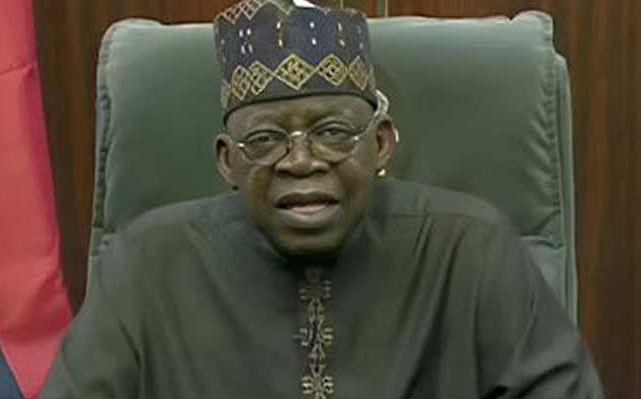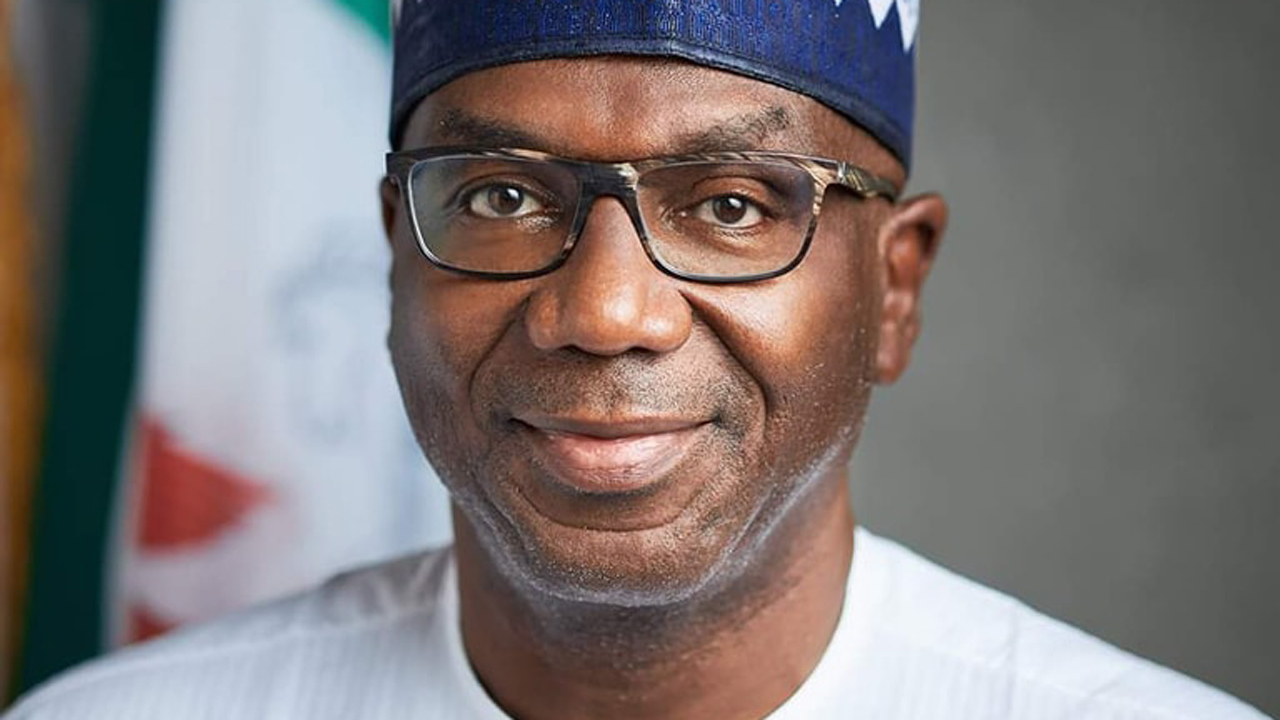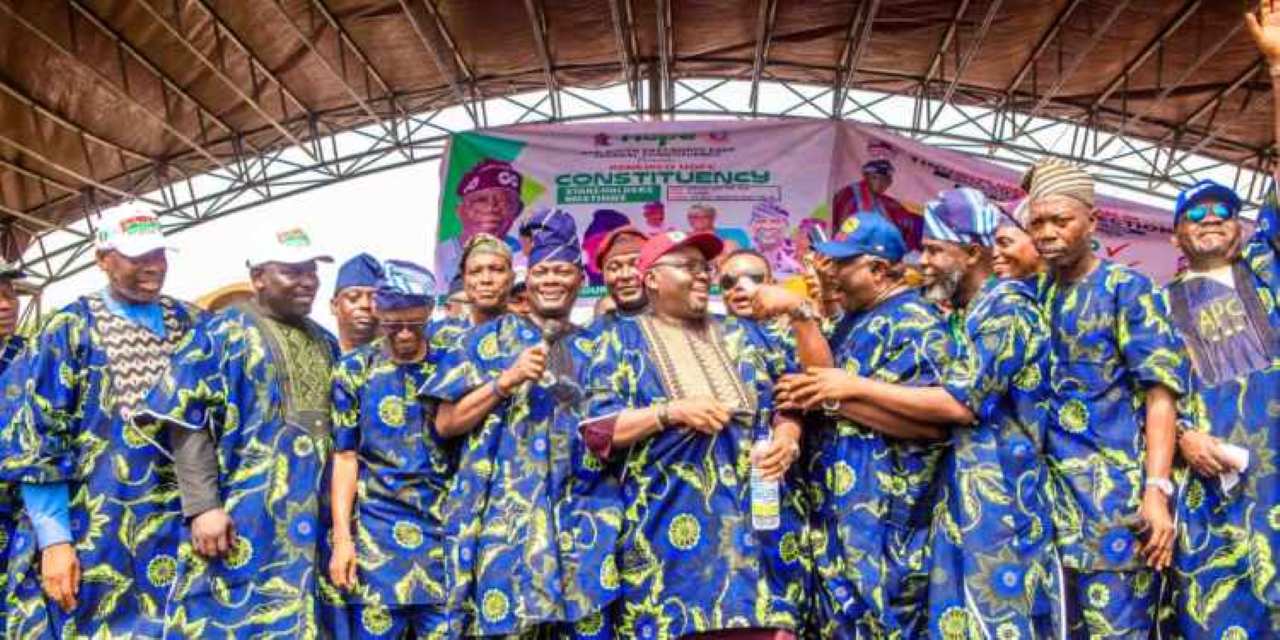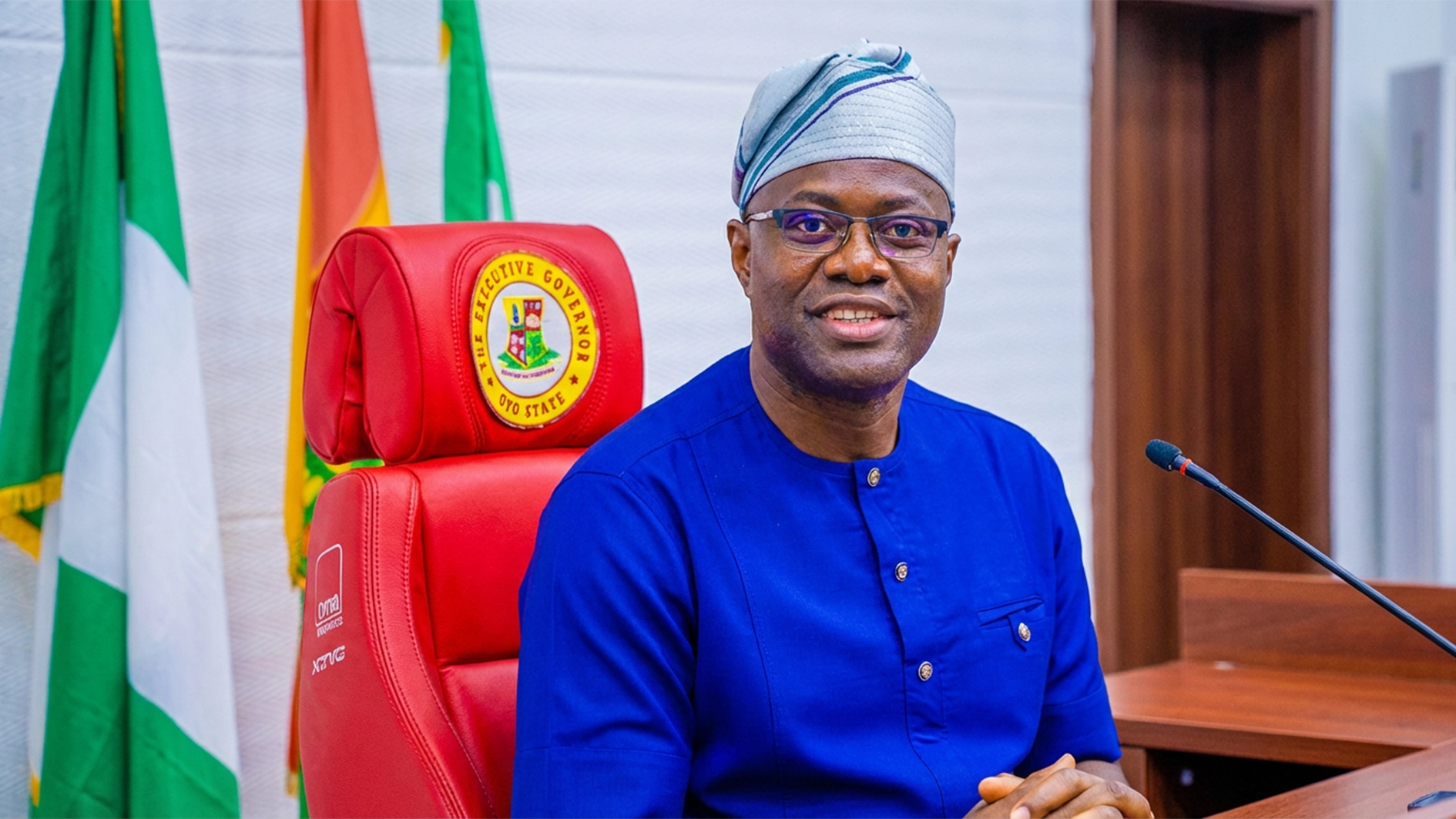
The Supreme Court’s ruling that granted financial autonomy to local governments has compelled many state governors to hurriedly conduct council elections. But the desperation of the states’ ruling parties and their routine clean sweep of all vacancies with almost nothing for opposition parties, suggest that political freedom is still far-flung from the grassroots, GBENGA AKINFENWA, AZEEZ OLORUNLOMERU and SOLOMON AZU report.
The last credible, free and fair local government elections conducted in Nigeria was the one supervised by the Independent National Electoral Commission (INEC) on December 5 1998, a year before Nigeria returned to democratic rule.
As indicated in its report, the Association of African Election Authorities (AAEA) and the International Foundation for Election Systems, which undertook a joint mission to observe the December 5, 1998, local government elections in Nigeria, commended INEC for its commitment, just as it also patted the then political parties and the electorate on the back over collaboration to entrench democracy at the grassroots level.
The exercise saw Nigerians from all walks of life and political divides cast their ballots for the 1998 councilors and council chairmen polls without much rancour. During the exercise, candidates of the ruling and opposition parties won in areas where they had their strength and political leverage, considering the outcome of the polls in wards and communities.
However, immediately Nigeria returned to democratic rule in May 1999, with State Independent Electoral Commissions (SIECs) empowered to conduct council polls, the story had changed to the ‘ruling party takes all’ due to brazen manipulation of the electoral process.
It is apt to affirm that democracy at the grassroots had been practically brought to its knees by governors through the ruling parties. More importantly, since the constitution empowers governors to appoint the chairmen of SIECs and also fund the commission, the outcome of local government polls in their respective states had been subjected to their whims and caprices.
These undemocratic acts somehow foreclosed the chance for the opposition parties across the 36 states to win a single seat. As a matter of fact, council elections have become handy for the governors to install their loyalists and stooges in order to control the power structure at the grassroots in their respective states.

The Joint Local Government Account and Allocation Committee (JAAC), also worsened the desperation demonstrated by the ruling parties and of course governors, to win all council seats, just as majority of them after 1998 were indifferent to conduct council polls by resolving to use caretaker committees’ chairmen as heads of councils.
In the last 25 years of democratic rule, ruling parties and governors have harped on ambiguities of Chapter 1, Part 2, Section 7 of the 1999 Constitution, which says: “The system of local government by democratically elected local government councils is under this Constitution guaranteed; and accordingly, the Government of every State shall, subject to section 8 of this Constitution, ensure their existence under a Law which provides for the establishment, structure, composition”, to arm twist democracy at the council levels.
The governors also take advantage of JAAC, to hijack local government allocations, thus starving them of funds to run administratively not until July 11 2024 when the Supreme Court in its landmark judgment granted financial autonomy to the councils.
Realising the implications of the apex court ruling, many states, which have either not conducted council polls over some years or bother about conducting fresh elections after the expiration of council chairman’s tenure, rushed to hold council polls.
After the July 11 apex court judgment and subsequent directive by the Federal Government to governors in October to conduct council polls, about 15 states have held local government elections, while few states like Ondo Katsina, Osun, Lagos and others plan to conduct theirs next year.
States that have complied with the Federal Government’s directive include Ogun, Cross Rivers, Kwara, Kaduna, Kano, Kogi, Benue, Sokoto, Akwa Ibom, Enough, Imo, Kebbi, Bauchi, Ebonyi, Anambra, Kebbi, Rivers and others.
However, critical observations of council polls already conducted between July till now and even those held earlier in states like Oyo, Gombe, Taraba and rest are nothing close to what the Association of African Election Authorities (AAEA) and the International Foundation for Election Systems observed in 1998.
The ruling parties, in most instances, still won all the council chairmanship seats in their states. Except in one or two states where opposition parties won one councillorship seat, it was the show of ruling parties and governors.
More importantly is Oyo State where opposition parties have three senators, a considerable number of House of Representatives seats and two local governments during the March 18 gubernatorial poll, the Oyo chapter of All Progressives Congress (APC) could not win one council out of the 33 local governments.
The same scenario played out in states where APC held sway as the opposition parties failed to win even one councillorship seat. Interestingly, states like Kano, Anambra and others where lesser parties hold sway, the PDP and APC, which have been parties in power over the years also could not have a foothold in any of the local governments.
Of course the New Nigerian Peoples Party (NNPP) rules in Kano while All Progressives Grand Alliance rules in Anambra.
Meanwhile, it is not an understatement to say that the November 2, 2024 council polls in Cross Rivers and Ogun council polls of November 16 did not show any differences. The exercise in both states shows the same syndrome of the ‘ruling parties take all’.
In both states, the issue of voter apathy was clearly visible as the electorate shunned the exercise on the ground that the election may not represent their true desire.
More than half of eligible voters in the states stayed away from the polling booth.
In Cross Rivers, out of the 1.3 million registered voters not up to 15 per cent of the total registered actually voted during the election in which the ruling All Progressives Congress (APC) won all the 18 chairmanship and 196 councilors seats. Recall that the 2020 LG polls was also marred by voter apathy where only 19 per cent of the total registered voters cast their ballots.
The most anticipated election was conducted 16 months after Governor Bassey Otu won his election.
Though the council elections were shifted by the Cross River Independent Electoral Commission (CROSIEC), following protest and appeals by the leadership of political parties, especially the main opposition Peoples Democratic Party (PDP), which claimed there was a breach in the whole electoral process.
The PDP chairman, Venatius Ikem, had earlier passed a vote of no confidence in CROSIEC, alleging that the commission was partisan and that its members were card carrying members of the ruling APC. He said that the PDP would participate in the election in protest but it will challenge the outcome in court.
This, notwithstanding, the leadership of other political parties in the state gave the state electoral umpire the green light to go ahead with the election as scheduled after the chairman of CROSIEC assured of a free, fair and credible election.
It was also alleged that results of the election were written in favour of the ruling party ahead of November 2.
Voting was delayed in some local government areas due to the late arrival of materials, and there were allegations of vote rigging in such places.

Narrating his experience during the election, Timothy Ishang said: “I went out to vote on Election Day at about 10.30 a.m. but the place was empty; neither electoral officers nor voting materials. All I saw was the inscription of the polling zone pasted on the wall where the election was supposed to take place. I can tell you the low turnout shows a major trust deficit about the electoral process.”
To address the shenanigans surrounding council elections, a political scientist, Dr Ukam Ukam, said the recently conducted council polls across Nigeria does not show that the governors are ready to let go their grips on the councils even with the apex court ruling
He canvassed for the speedy passage and signing into law of the new Local Government Amendment Act currently before the National Assembly.
Ukam also advocated the need for the local government election process to go digital, stressing that the current method is outdated and vulnerable to rigging.
“Embracing technology would not only enhance the voting experience but also ensure transparency and credibility. If digital solutions are embraced, Nigeria can revitalise its democratic processes, regain citizen trust, and join the ranks of modern democracies, “he posited, saying it is incumbent for elected officials to deliver on their campaign promises in order to restore public trust and encourage voter participation,” he said.
A member of Labour Party (LP) in Cross Rivers, Patrick Henshaw, described the proposed constitution amendment by the National Assembly scrapping States Independent Electoral Commission SIECs and the conferment of powers to the Independent National Electoral Commission INEC to conduct all elections in the country as a welcome development.
He said the situation where governors were allowed to appoint chairman of SIEC, who normally do their bindings by installing their protégés as council chairmen, makes a mockery of democracy.
Similarly, the November 16 council election in Ogun may have come and gone, it was dogged by allegations and counter-allegations from the dramatis personae on the credibility of the poll.
As the norm – the winner takes all syndromes across the states, the ruling APC swept all the available seats – 20 chairmanship and 236 councillorship seats, leaving nothing to the opposition parties.
Generally, the council poll was fraught with logistic problems, especially late arrival of electoral officers and election materials in many polling units across the three senatorial districts. While elections started between 11:00 am and 12:00 pm in some areas, it was observed that elections did not hold in many areas across the state.
Another challenge was voters’ apathy as the majority of the electorate intentionally stayed indoors and failed to exercise their franchise. While many shops and markets were opened for commercial activities, many residents were spotted going about their normal businesses, just as commercial and private vehicles were seen commuting.
Though there were allegations of deliberate attempt by the electoral umpire – Ogun State Independent Electoral Commission (OGSIEC), to disenfranchise the people, especially from the Labour Party (LP) and the PDP, which alleged non conduct of the exercise in virtually all the PUs and the PDP, the fact that many of the opposition parties were practically ‘not on ground,’ also aided made the victory seamless for the ruling All Progressives Congress (APC).
While calling for the cancellation of the exercise, the LP contended that the Chairman of OGSIEC, Babatunde Osibodu, failed to address complaints and other concerns raised by the opposition parties.
The Labour Party Chairman in Ogun, Lookman Abiodun Jagun, said the party totally rejected whatever results that were declared in the election, just as gubernatorial candidate of PDP in 2023, Ladi Adebutu, also faulted the polls, describing it as robbing the grassroots people of democratic benefits.
Prior to the announcement of the November 16, 2024 date, members of the opposition parties in Ogun, under the aegis of the Inter-Party Advisory Council (IPAC), had threatened a showdown with the state government over its failure to commence the process of election ahead of the expiration of the tenure of the immediate past elected officers.
Succinctly put, recently conducted council polls held across the country do not indicate anything near the 1998 exercise held under the supervision of INEC. This may have further buttressed the position of the Federal Government to see through to the amendment of the constitution to granting full autonomy to local governments and also empower INEC to conduct the poll at the grassroots level.






